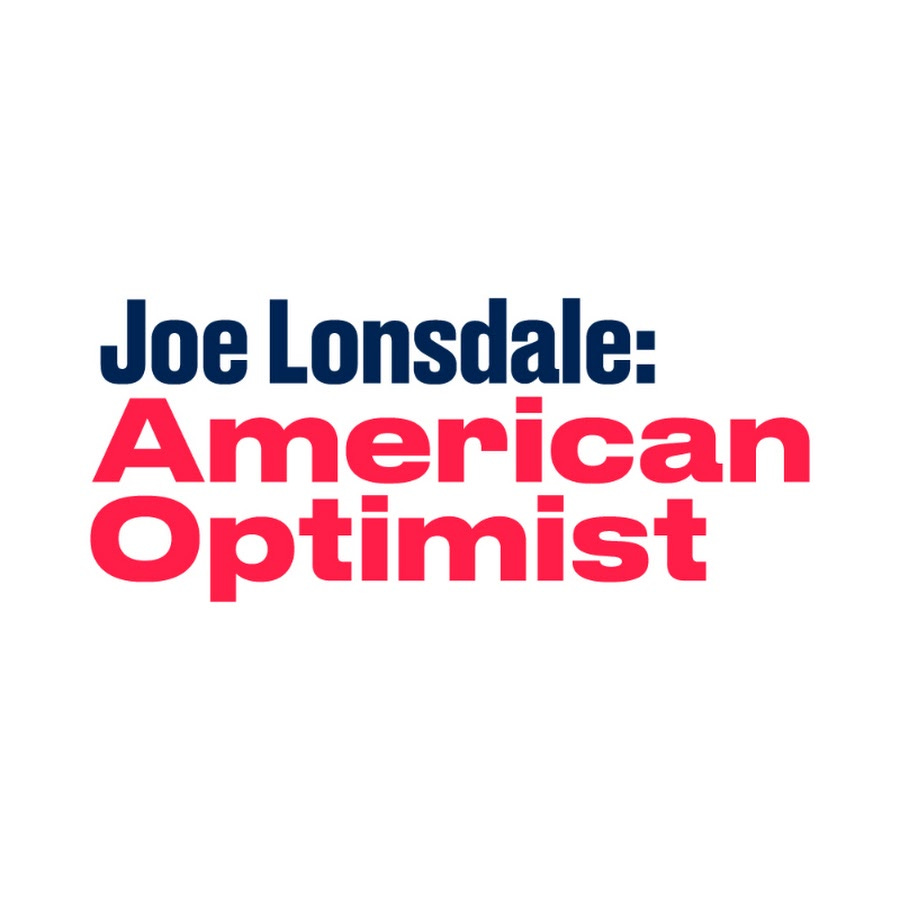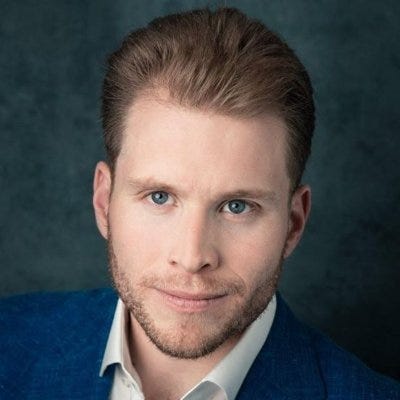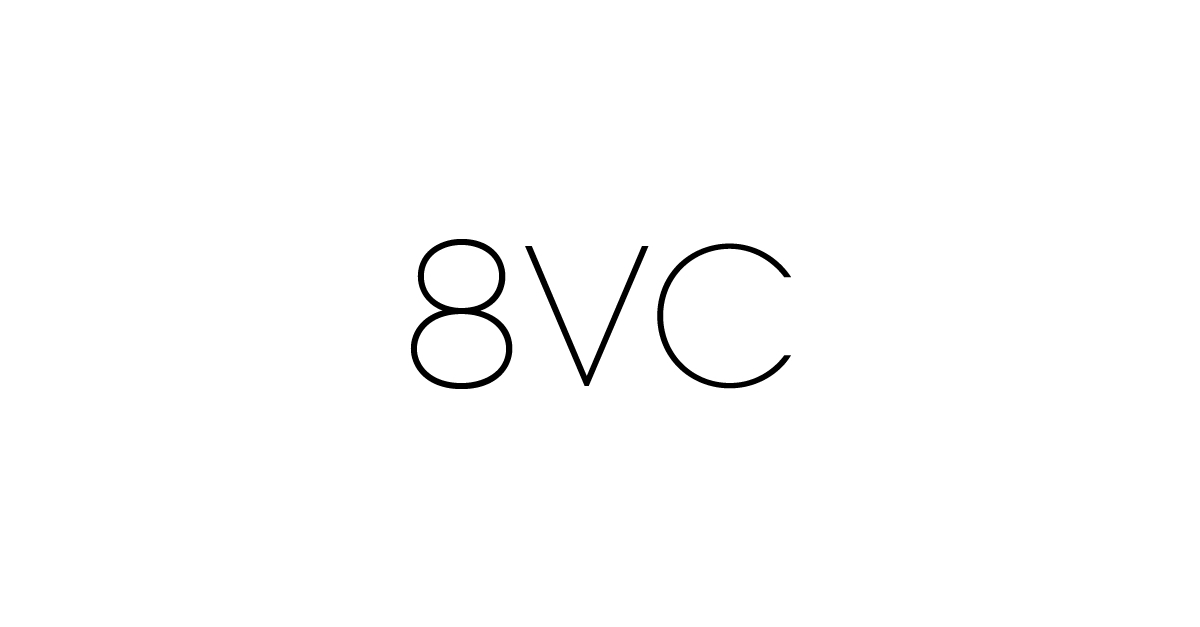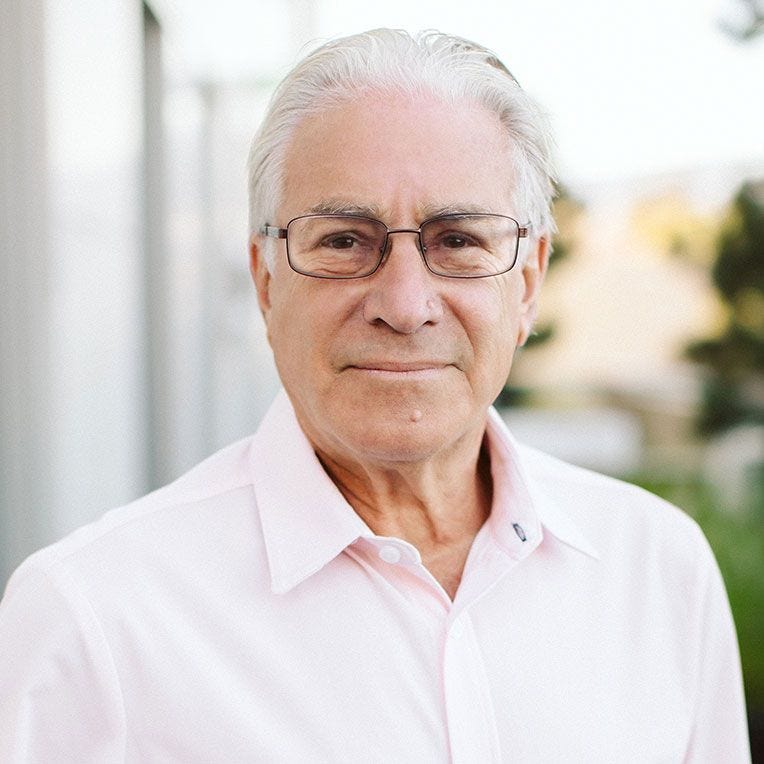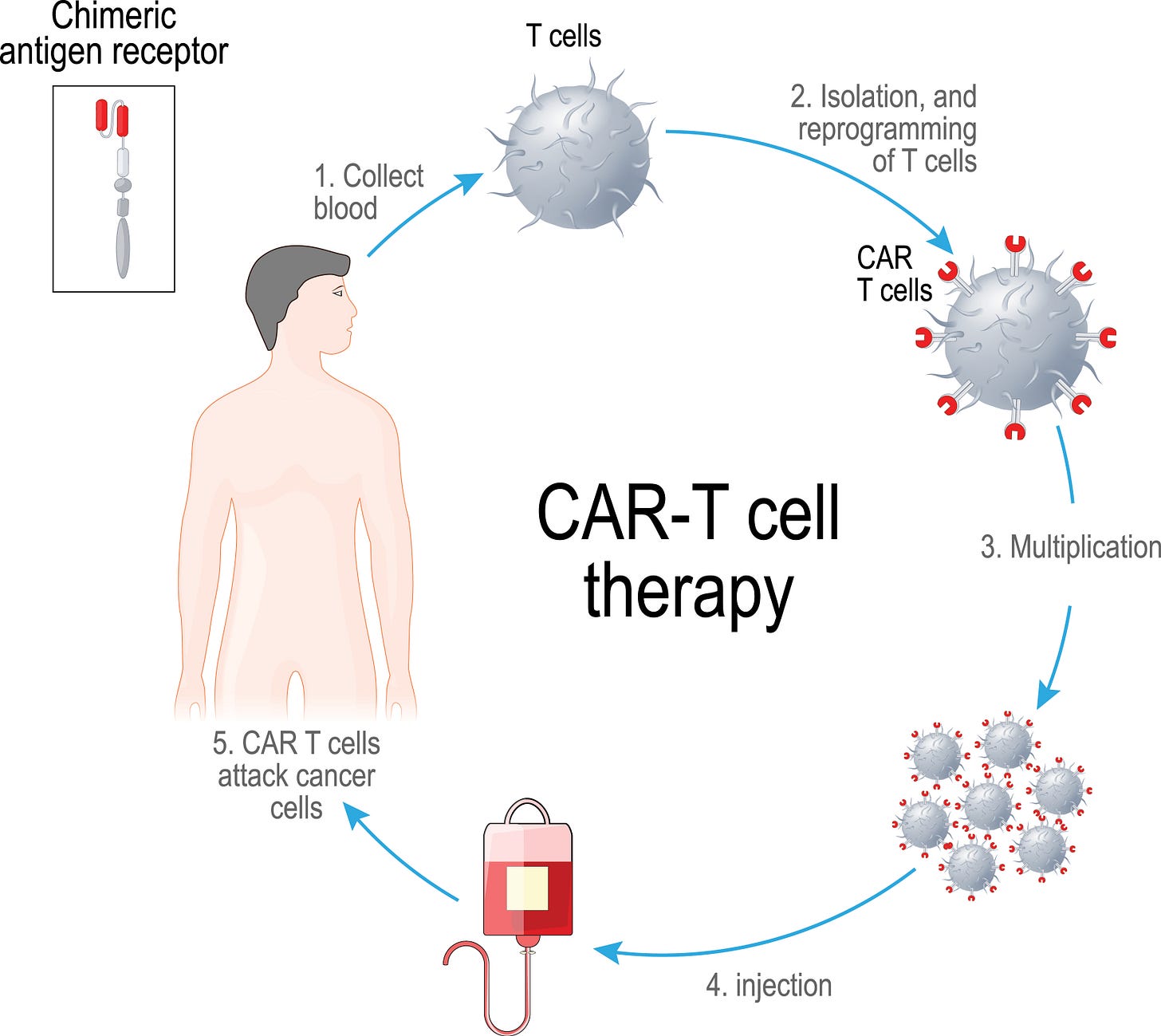Americans Should Be More Optimistic
Joe Lonsdale is an entrepreneur, investor and philanthropist that recently launched a show called the American Optimist (more on that shortly).
I’ve followed Joe on the internet for about a year now and it’s clear to me that he’s a contributor on a global scale that’s important to follow.
At the young of age of 38, Joe is a billionaire and has started, built, invested and sold dozens of companies. Joe was a co-founder of Palantir, and an investor in companies like Asana, Guardant Health, Oculus, VIR Bio, and many others — you can see all his investments at 8VC.
But one thing that I’ve particularly enjoyed about Joe is his independent perspective about how the public and private sector can work together to create a better humanity. Joe focuses on this intersection at the Cicero Institute which is dedicated to leveraging entrepreneurial solutions to public problems.
And while Joe is involved in so many things, this is the first time he is sharing some of his unique insights, connections and content through his own show.
Which brings me to the launch of American Optimist. The show excerpt is below to give you a sense what American Optimist is trying to achieve.
A show that is an alternative to the fear, cynicism, and zero-sum thinking in mainstream media. Learn from the innovators and leaders who are solving our nation's most pressing challenges -- and doing it in a way that will lift everyone up. Hope should dominate our discourse, and American Optimist will show you why.
I am excited to follow the journey of the American Optimist, because I identify with being an American Optimist myself!
The first episode is on Rick Klausner a biotechnology industry leader who has transformed modern medicine and saved countless lives. This episode particularly resonates with me from my experience working in the biotech field.
I watched the episode (more than once) and have shared some insights I gained below.
Rick believes we are in the golden age of life sciences.
The biggest breakthroughs come from our ability to read and write DNA with the convergence of computational sciences with biology.
One treatment that has recently shown the potential of our modern capabilities is Chimeric Antigen Receptors T Cells (CAR T-cell therapy).
CAR T-cells are genetically engineered to produce an artificial T-cell receptor for use as immunotherapy.
CAR T-cell therapy has been shown to cure multiple forms of blood cancers such as leukemia and lymphoma with a one time treatment.
This is truly a revolution in modern medicine.
We are curing blood cancers.
Rick then goes on to breakdown the three phases of modern medicine to give context of where we are today.
Pharmaceutical Industry: Molecules coming from the natural world (i.e. bacteria or fungi to make statins)
Biotech Industry: About 40-50 years ago we were able to capture molecules our cells make (mostly proteins) and create protein based drugs.
Cell Therapy / Final Stage of Medicine: We are now able to use entire living cells as drugs. Programming cells as machines - they know where to go, what to attack, and how long to attack for. A first generation of this is CAR T-cell therapy as described above.
Joe and Rick then go on to discuss the intersection of the public and private sector for developing medicines.
The public sector is very good at funding many early stage research projects for the basic necessity of scientific discovery.
The private sector is really good at taking that basic research and finding a translational application for the science to be turned into a medicine to help patients.
It wouldn’t make sense for the public sector to be in the business of bringing basic science through to commercialization because of the amount of capital, time and specialization is too risky and complicated for government. The private sector is good at finding high risk / patient capital and creating a mission driven team that is focused on bringing one particular breakthrough to the market.
Turning Back Time
One of the most interesting points that Joe and Rick talk about is why we age. This idea that we can program cells to go backwards (not just forwards) may help fight the aging process.
This could be the hottest area in modern medicine in the years to come…
The episode ends by highlighting the importance of having original thoughts. How did Darwin, Galileo and other prominent scientific luminaries come up with such original ideas that transformed our lives and the world?
Living in today’s world, we are fed an over abundance of information.
We must fight the spoon fed information we are given and strive to think for ourselves.
I believe it's our duty to be optimists and build a better world.
I look forward to watching more episodes of this show and getting inspired by so many positive developments happening.


